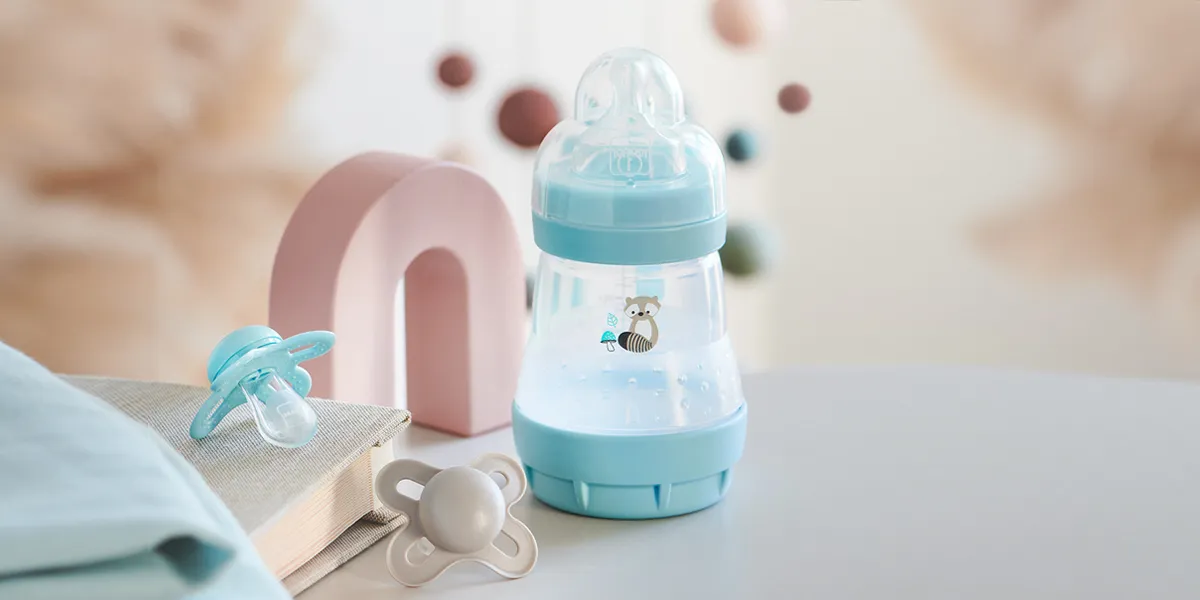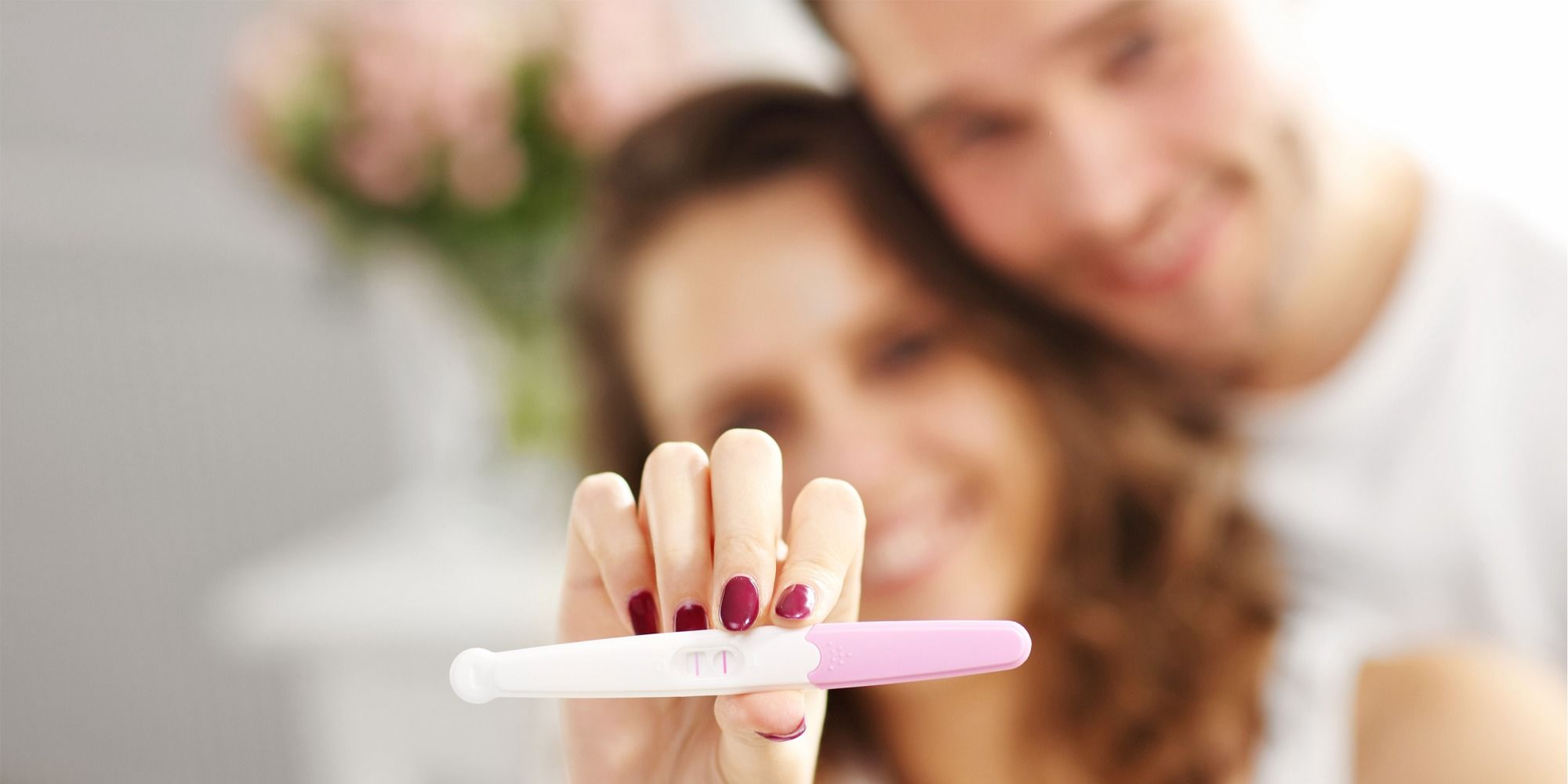How does the pregnancy start? And why is it that there are no symptoms during the first week of pregnancy? Find out more here.
What's Going On in Your Belly Right Now?
During the first week of pregnancy you cannot have any pregnancy symptoms because you are not actually pregnant yet. The first week of pregnancy is the start of the cycle, i.e., the menstrual period.
Whether this is actually week one of pregnancy can therefore only be determined afterwards.
The female cycle and female fertility are highly complex and fascinating processes – which is reason enough to take a closer look at what is happening inside you before the embryo even begins developing:
The cycle begins with menstruation. The built-up lining of the uterus is expelled, and a new "nest" is prepared for a fertilized egg. This process is controlled by various hormones.
Progesterone ensures that the lining of the uterus builds up and is ready for implantation and to supply the embryo with nutrients. If the progesterone level drops, menstrual bleeding occurs, a new cycle begins, and the concentration of other hormones rises.
Estrogen is mainly produced in the ovaries. Estrogen is responsible for maturing the follicles and plays a key role in ovulation. However, it also influences the growth of the uterine lining. Estrogen increases the production of mucus in the cervix – this so-called cervical mucus is important for the nutrition and mobility of the sperm and therefore improves the chances of pregnancy.
One organ is of course very important for pregnancy: the uterus. In week 1 of pregnancy it is just 2-4 inches long, weighs only 1-2 ounces, and looks like an upside-down pear. However, the size and shape can vary greatly from one woman to another. The uterus has three layers: a smooth outer layer, the wall, which consists largely of smooth muscles, and the inner mucous membrane.
The narrow section at the bottom of the uterus is the cervix. Part of it protrudes into the vagina – in its middle lies the cervical os. This outer cervix can also be felt inside the vagina. It is firmly closed before and after ovulation, and opens around ovulation.
Malformations of the uterus, such as a backward kink or other problems such as endometriosis (when the lining of the uterus is outside the uterus), polyps, or fibroids (growths in the uterus), can affect fertility. If pregnancy does not occur after a year of regular, unprotected sex, these physical causes will be investigated by your doctor.
How Do You Feel at 1 Week Pregnant?
It is time to relax and wait for menstruation. Microwaveable grain pillows, warming cushions, and cuddly blankets are favored by many women during this time. Very heavy and excessively painful periods can be a sign of endometriosis. If you are concerned, we recommend discussing your symptoms with your gynecologist.
Ask your doctor about whether a nutritional supplement containing folic acid is right for you.
Maintaining a balanced diet is extremely important for both you and your future baby. A supply of folic acid is particularly important. Many people suffer from a folic acid deficiency, so taking a nutritional supplement may be necessary. It is best to ask your doctor whether or not you could benefit from taking a folic acid supplement.
Photo Credit: Shutterstock




























